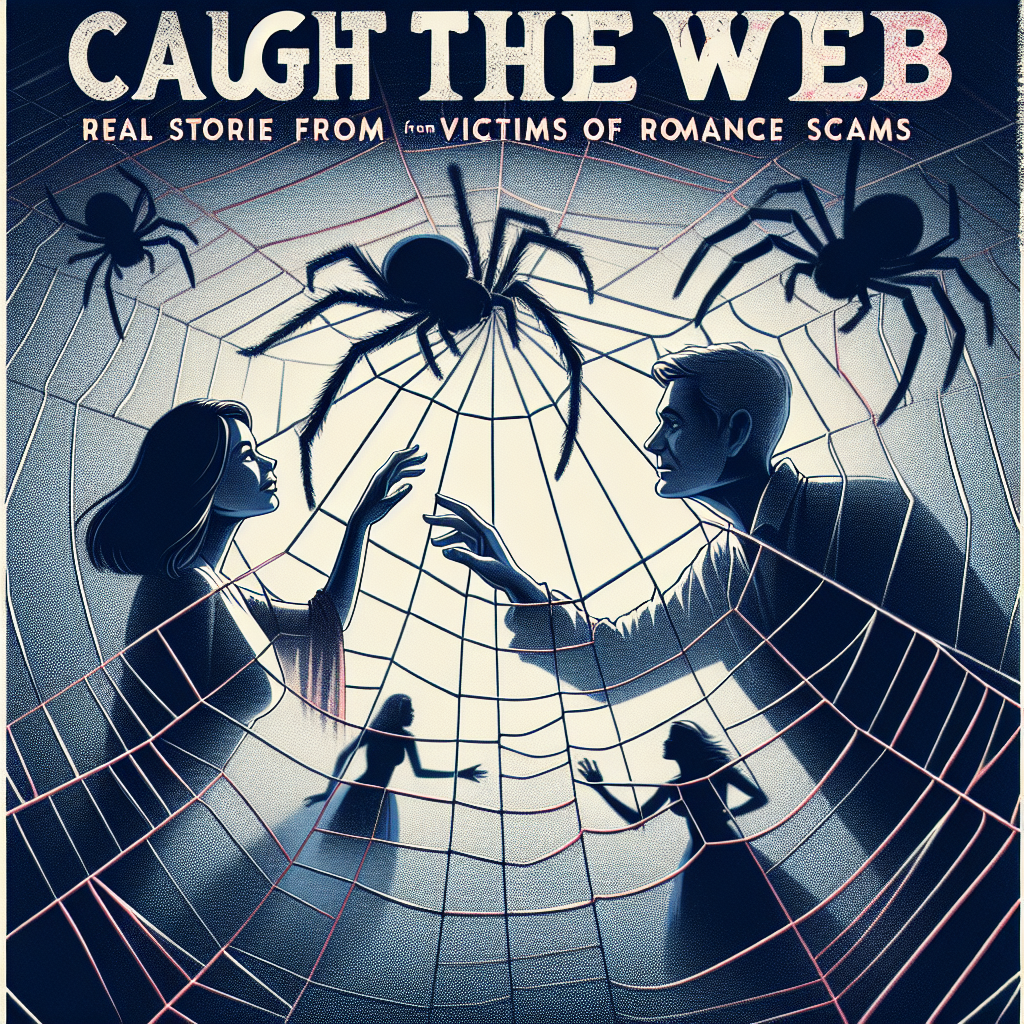Caught in the Web: Real Stories from Victims of Romance Scams
Romance scams have emerged as one of the most insidious forms of fraud in today’s digital world. With the rise of online dating and social media, scammers are constantly on the prowl, using emotional manipulation to exploit vulnerable individuals. This article targets the general public—those who may be considering online romance or have loved ones who engage in these platforms. By providing crucial insights and actionable advice, we hope to empower our readers to recognize and combat potential scams.
Understanding Romance Scams
In a romance scam, perpetrators typically create fake profiles on dating sites, social media, or chat rooms. They portray themselves as ideal partners to develop emotional connections with their victims, ultimately seeking financial gain. According to the Federal Trade Commission (FTC), romance scams led to reported losses of $1.3 billion in 2021 alone, highlighting the scale and seriousness of this issue.
The Modus Operandi of Scammers
Scammers rely on emotional manipulation—their primary tool. They often adopt identities that resonate with their victims’ desires and fantasies. Common tactics include:
- Creating Fake Profiles: Scammers use stolen photographs and fabricated information to create appealing profiles.
- Building Trust: They engage in lengthy conversations, sharing fabricated backstories to create a sense of intimacy and urgency.
- Requesting Money: After establishing a strong emotional bond, they inevitably ask for financial help, citing emergencies like medical issues, travel expenses, or business troubles.
Warning Signs of Romance Scams
Recognizing the red flags of romance scams can save you or your loved one from heartbreak and financial loss. Here are some indicators to watch for:
- Inconsistent Information: Pay attention to discrepancies in their stories or profiles.
- Pressure to Move Off the Platform: If someone quickly asks to communicate via text, email, or phone, it could be a sign of a scam.
- Vague Personal Details: Scammers often avoid sharing specific details about their life or hometown.
- Requests for Money: Be skeptical of any online acquaintances who ask for financial assistance, especially if you haven’t met in person.
Protecting Yourself from Romance Scams
With awareness comes empowerment. Here are proactive steps to safeguard yourself:
-
Do Your Research: Search for their photos or names online. Reverse image searches can reveal if their profile pictures have been used elsewhere.
-
Slow Down: Scammers thrive on urgency. Take your time to evaluate how well you truly know the person before getting involved emotionally or financially.
-
Consult Trusted Friends: Talk to friends or family about your online interactions. They can provide an objective perspective that may reveal potential red flags.
- Use Trusted Platforms: Stick to reputable dating websites that prioritize user safety and have measures in place to detect fraudulent activity.
If you ever find yourself in doubt or suspect that you or someone you know may be a victim of a romance scam, Click Here to learn more about additional resources and support options available.
Know Your Rights and Reporting Options
If you have fallen victim to a romance scam, it’s crucial to take action:
- Report the Scam: Notify the platform where you met the scammer and report the incident to the FTC or the Internet Crime Complaint Center (IC3). This helps build a case against the scammer and potentially shuts down their operations.
- Document Everything: Keep records of all communications, including messages and payment receipts, to provide evidence when reporting.
Legal and Financial Recourse
Though it may seem daunting, victims of scams have options for legal recourse:
- Consult with a Lawyer: Depending on the situation, a legal expert may offer advice on potential recovery of funds.
- Contact Financial Institutions: If you’ve shared bank details or transferred funds, alert your bank or credit card company immediately to minimize potential losses.
Conclusion
Romance scams are a growing concern in our increasingly interconnected world, preying on the emotions and desires of individuals seeking companionship. Awareness is key to prevention, and understanding the tactics employed by scammers can significantly reduce your risk.
As we navigate digital spaces, it’s essential to carry with us the knowledge that not everyone online has honest intentions. By employing the strategies discussed in this article, you can proactively protect yourself and those around you from falling prey to these deceitful schemes.
Take action today—be vigilant, educate your loved ones, and utilize available resources by exploring links that provide valuable insights on the matter. Share this article to raise awareness and help create a more informed online community. Remember, staying informed is your first line of defense against romance scams.

